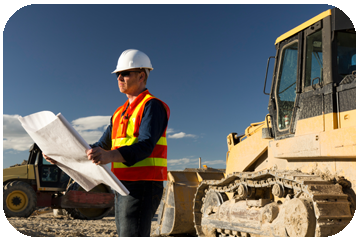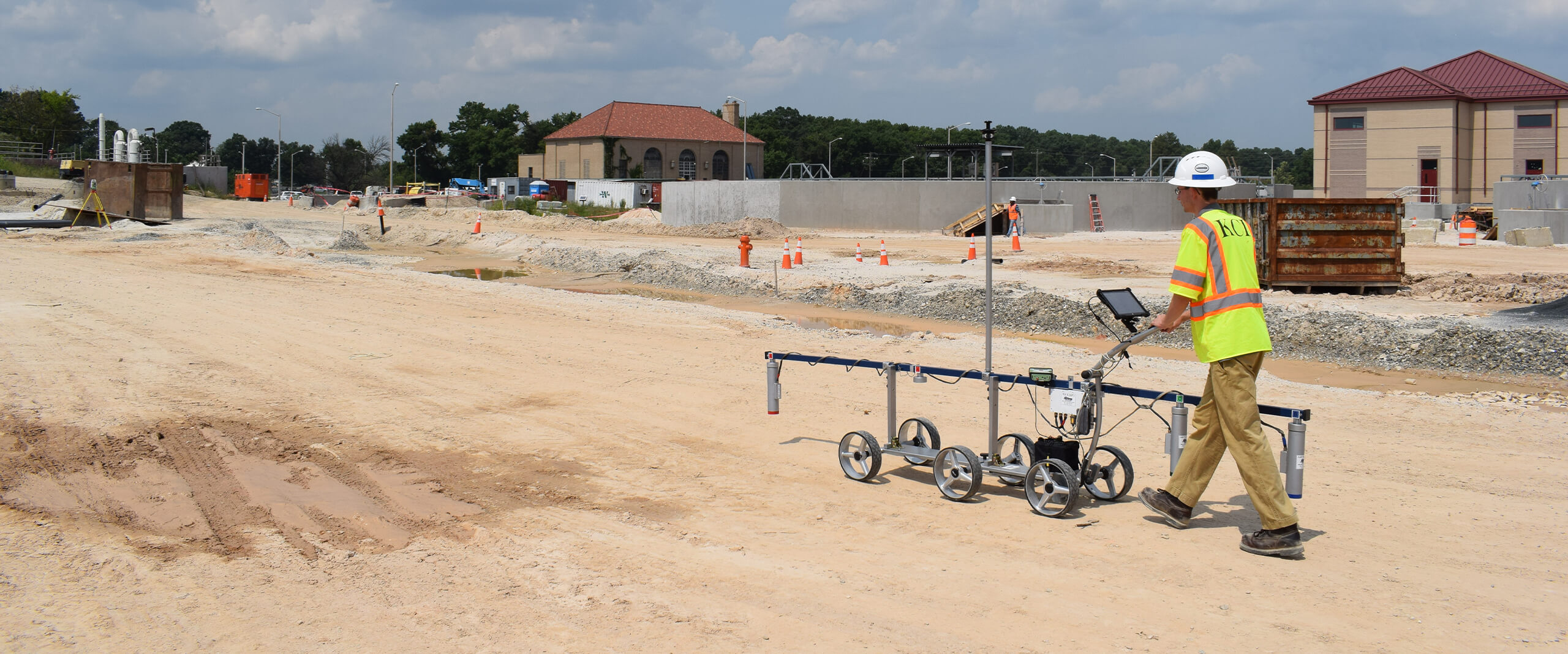Why Working With a Geo Tech Engineer is Vital for Complicated Construction Jobs
Why Working With a Geo Tech Engineer is Vital for Complicated Construction Jobs
Blog Article
Comprehending the Important Role of the Geotechnical Sector in Modern Building Projects and Infrastructure Development
The geotechnical industry is a keystone of contemporary building and infrastructure development, supplying essential understandings right into dirt habits that directly influence task outcomes. Through sophisticated dirt evaluations and innovative design solutions, geotechnical specialists not only ensure architectural integrity however also address sustainability problems amid evolving ecological requirements.
Importance of Dirt Assessment
Soil evaluation plays an important role in the geotechnical industry, serving as the structure for informed decision-making in building tasks. Exact dirt assessment is necessary for identifying the suitability of a website for different kinds of structures, including property homes, commercial buildings, and bridges. By evaluating soil make-up, strength, thickness, and moisture content, designers can expect prospective difficulties and mitigate threats connected with ground instability, erosion, and negotiation.
The analysis process usually involves a collection of examinations and observations that supply crucial info regarding the subsurface conditions. This data notifies the design and construction processes, making sure that frameworks are built on solid ground with sufficient support. Moreover, comprehending the dirt profile makes it possible for engineers to select proper construction approaches and products, optimizing resource use and lessening costs.
Along with guaranteeing structural integrity, dirt analysis adds to environmental sustainability. By recognizing prospective contamination or damaging results on surrounding environments, designers can execute approaches to shield these natural deposits. Generally, thorough soil analysis is indispensable in the geotechnical field, underpinning the safety, efficiency, and ecological duty of building and construction projects.
Secret Geotechnical Strategies
A range of crucial geotechnical techniques are utilized to enhance the security and examine and efficiency of building websites. One fundamental method is soil tasting and testing, which permits engineers to determine the chemical and physical homes of the ground. This information is important for making informed choices relating to structure layout and building approaches.
An additional necessary technique is website characterization, which involves the detailed analysis of dirt and rock conditions through techniques such as borehole exploration and in-situ screening. Techniques like Criterion Penetration Examinations (SPT) and Cone Infiltration Tests (CPT) give useful information on dirt stamina and stratigraphy.
Ground renovation methods, such as dirt stabilization and grouting, are likewise crucial in boosting the load-bearing ability of weak soils. These techniques can alleviate negotiation and boost total website problems.
Furthermore, incline stability evaluation is crucial for recognizing prospective landslide threats and making certain the security of excavations. This analysis commonly utilizes mathematical modeling and limitation equilibrium approaches to anticipate dirt habits under various conditions.
Including these geotechnical methods into building and construction planning not just enhances project outcomes but also guarantees the long-term sustainability of facilities growth.
Influence On Construction Safety

Additionally, efficient geotechnical engineering involves applying reduction approaches for determined risks. This might include soil stablizing methods, retaining frameworks, or water drainage systems to minimize hydrostatic stress. By addressing these elements, construction groups can minimize the possibility of crashes and improve employee security.
In addition, constant monitoring of site conditions is essential during construction. Geotechnical tools can supply real-time information regarding ground activity and security, permitting for timely treatments when needed.
In essence, the geotechnical market plays a critical role in safeguarding building jobs. By prioritizing ground honesty and employing extensive assessment techniques, the geotechnical market not just safeguards the labor force but likewise adds to the durability and integrity of constructed facilities.
Sustainability in Geotechnical Practices

Additionally, geotechnical designers are now employing innovative technologies, such as geosynthetics, which boost soil security while decreasing the volume of material called for. This not just saves sources but also leads to much less waste generation (tailings engineer). The combination of lasting style concepts right into geotechnical design encourages making use of renewable resource resources in building and construction procedures, further reducing carbon emissions
In addition, detailed site assessments are essential for identifying prospective ecological effects prior to construction begins. By conducting these evaluations, geotechnical professionals can develop techniques that minimize negative impacts, making certain compliance with environmental laws. On the whole, the emphasis on sustainability within geotechnical techniques not only adds to the longevity and strength of facilities but likewise promotes a liable method to land and source hop over to these guys administration. This dedication is important for cultivating sustainable growth in the contemporary building and construction landscape.
Future Trends in Geotechnical Engineering
Innovation is driving the future of geotechnical engineering, as arising methodologies and innovations improve the industry. The assimilation of advanced data analytics and artificial knowledge is readied to reinvent site examination and risk evaluation, making it possible for engineers to make more educated choices based on real-time data. The use of geosynthetic products is acquiring use this link grip, offering lasting remedies that enhance soil stability and decrease ecological impact - tailings engineer.
One more considerable fad is the fostering of automated and robotic systems for monitoring and construction processes. These technologies not just improve precision yet also enhance safety by reducing human involvement in hazardous environments. Additionally, the execution of Structure Info Modeling (BIM) in geotechnical layout facilitates boosted partnership amongst stakeholders, enhancing project distribution and decreasing prices.
As climate change presents new obstacles, the market is increasingly concentrating on durability and flexibility in style practices, making certain framework can endure extreme climate events. The ongoing fad toward sustainability will certainly drive technology in green products and techniques, straightening geotechnical engineering with wider ecological goals. Jointly, these trends will certainly shape a much more reliable, lasting, and resilient geotechnical landscape for future jobs.
Verdict

The geotechnical market is a foundation of contemporary building and infrastructure development, offering important understandings into soil behavior that directly affect task outcomes. tailings engineer.Dirt analysis plays a critical role in the geotechnical industry, serving as the foundation for educated decision-making in building and construction tasks. Overall, complete soil evaluation is indispensable in the geotechnical area, underpinning the security, efficiency, and ecological obligation of construction tasks
Building and construction security is considerably affected by geotechnical methods, as the stability and honesty of the ground straight affect the total security of a construction website.In verdict, the geotechnical sector is vital in contemporary building and construction and facilities development, giving essential assessments that make certain architectural integrity and safety and security.
Report this page